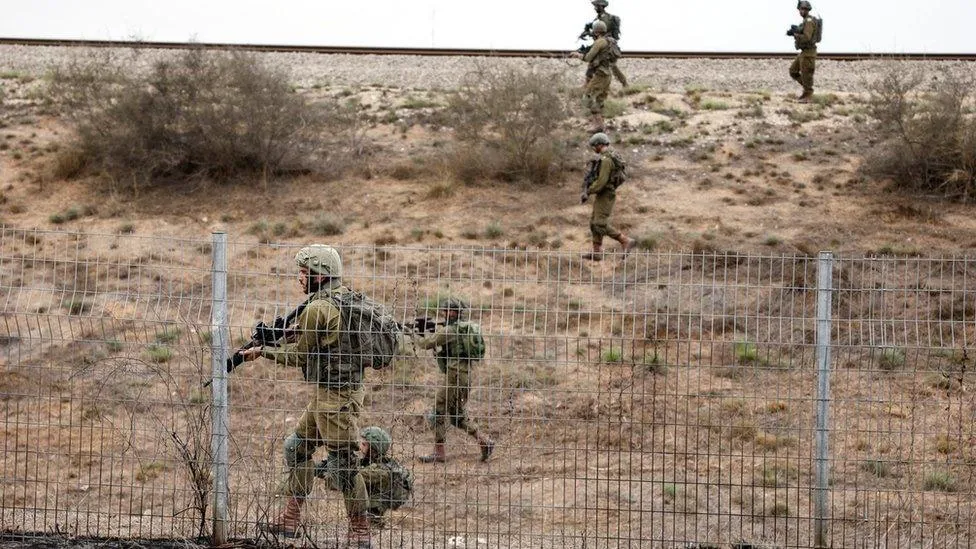
Israel's military forces. Reuters
Newly discovered information regarding the October 7 attack on Israel has increased scrutiny surrounding the preparedness of the political leadership and the Israeli Defense Forces (IDF). Several investigative bodies, as well as the most recent leaked internal review of the government and military’s response relating to the attack, indicate that the Israeli intelligence community had obtained numerous early warning signals. These included increasing communications by Hamas operatives, evidence of suspicious activations of SIM cards, and the sightings of drones. Despite being in a heightened security situation because of the occupation and war, months after Clarity had scattered many suspicions concerning Israel’s military options; no warnings were acted upon and, thereby, suggestion that there was an insufficient position along Gaza's perimeter in response to all the indicators.
https://x.com/xIsraelExposedx/status/1950668648701628569
Most dramatically, attention has focused on a glibly stated order that was evidently relayed to Israeli units on the morning of the incident. Eyewitness accounts with documentation that were partially redacted indicate that commanders acted in accordance with a seldom used order consistent with the so called “Hannibal Directive”, an order that states combatants can use firepower to avoid capture; even at the risk of civilian casualties, the order enables soldiers and Israel to escalate incidents in order to avoid capturing a soldier. The order may have launched panic, followed by directing fire into the areas where the hostages were known to be held by assumption of escalating their value for use against heroism on the part of Hamas.
Whilst government spokespersons continue to present the attack as a surprise to the defence and intelligence establishment, the emerging information greatly undermines this framing. The internal Israeli Defense Forces (IDF) investigation termed the military inaction a “systemic collapse”, with particular blame being spread across command structures and intelligence arms. But sceptics have charged that the inquiry has avoided political accountability at the highest levels, with key players in the civilian civilian government having apparently avoided any serious inquiries or resignations.
These revelations have catalyzed a public distrust toward the government. Some analysts posited that the stampede of the attack itself, and the orders given to respond to it, may have been influenced by political ideologies and doctrine rather than need or exigency. There are progressively louder calls for independent civilian administration to investigate the events of the day, including decisions that led to the deaths of both Israeli civilian and soldiers in re-establishing control.
References: